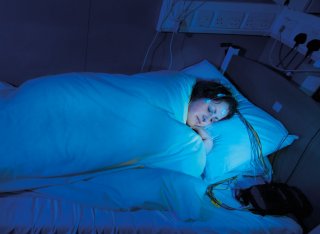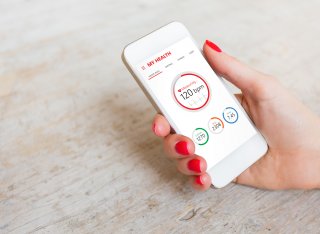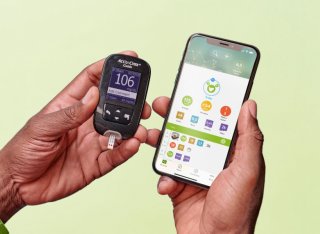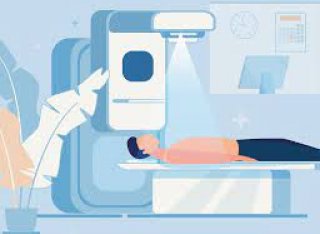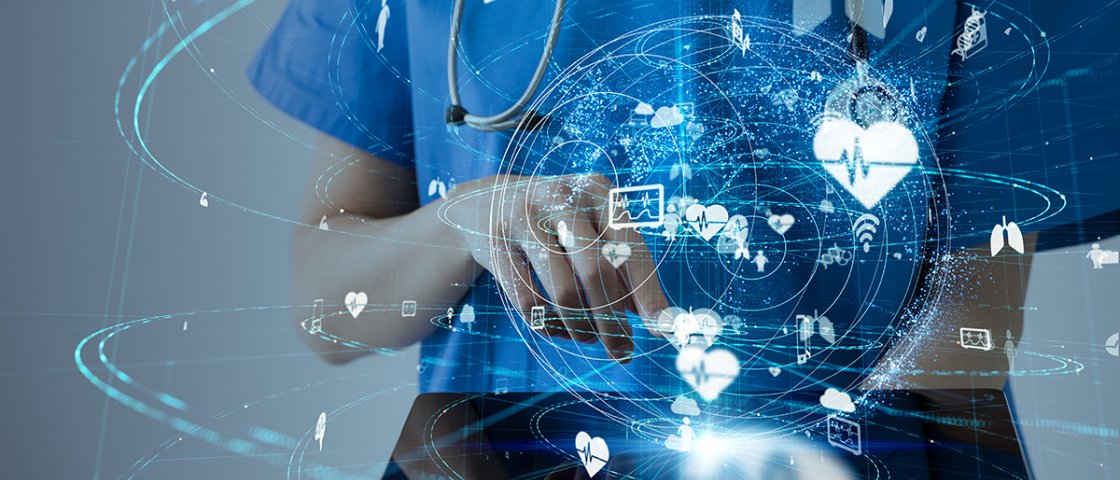
The digital health revolution
Researchers from across disciplines are looking at how information and communication technologies can be used to manage and improve health and wellbeing.
Research projects
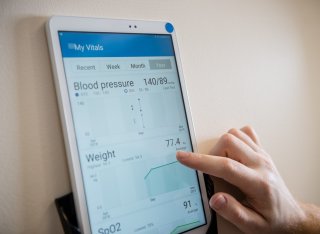
Creating dementia-friendly ‘Healthy Homes’ | Care Research
A team based at Imperial, supported by University of Surrey researchers, including, Dr Samaneh Kouchaki, is developing a range of devices that harness the power of artificial intelligence to understand an individual’s behaviour and predict when problems might arise – and also develop ways to quickly identify medical complications that may arise in the home
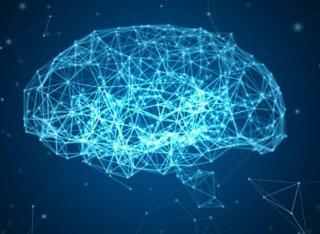
Software platform designed to create, run and visualise 3D agent-based simulations | Computer Science
Surrey, as part of a consortium of partners, released the BioDynaMo v1.0 - a software platform designed to visualise 3D agent-based simulations The project, supported by Dr Roman Bauer, is designed to help scientists perform simulations of systems, such as a study of the spreading of viruses in indoor spaces, specifically, COVID-19 in droplets and aerosols.
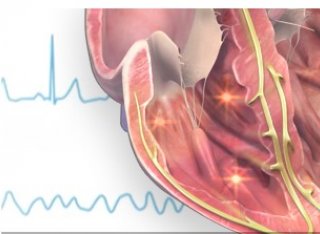
Prediction of paroxysmal atrial fibrillation from complexity analysis of the sinus rhythm ECG | Biomedical Engineering
A pilot study, supported by Dr Daniel Abásolo, introduces a novel biomarker for early paroxysmal atrial fibrillation (PAF), the most common cardiac arrhythmia, conveying a stroke risk comparable to persistent AF. Researchers identified PAF sufferers from analysis of brief periods of sinus-rhythm ECGs, using hand-held monitors that have the potential for low-cost screening for PAF and to reduce stroke occurrence.
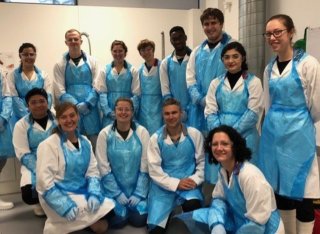
Development of mobile 3D x-ray scanner for animals | Engineering
Students at the Faculty of Engineering and Physical Sciences, as part of multidisciplinary team, designed a low-dose radiation mobile scanner for animals. Visiting Professor Carol Lane, who teaches across Surrey’s Faculty of Engineering and Physical Sciences and the Faculty of Health and Medical Sciences said: “The scanner uses low-dose radiation and makes things safer for animals, so they don’t have to be moved or transported when injured.”

New app to support palliative care in Ethiopia| Long Term Conditions
A mobile phone app was developed by researchers, supported by Professor Nicola Carey, to provide assistance with pain and symptom control as part of palliative care for patients in Ethiopia. The Ayzot app was created as part of a collaboration between the University Surrey, the University of Strathclyde, Hospice Ethiopia, the Federal Ministry of Health and Hello Doctor Ethiopia, an Ethiopian-based software company.
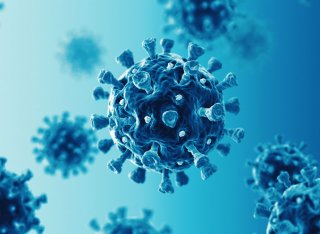
Rapid triage for COVID-19 using routine clinical data for patients attending hospital: development and prospective validation of an artificial intelligence screening test | Machine Learning for Healthcare
Dr Samaneh Kouchaki’s research objectives include developing intelligent tools, based on hybrid architectures of advanced probabilistic and deep learning techniques, that facilitate improved patient outcomes. Her research contributes to developing machine intelligence methods within the UK DRI Care Research & Technology Centre (CR&T).
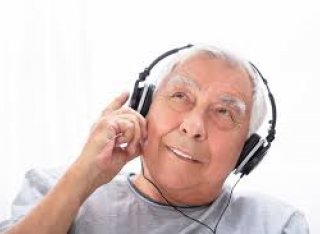
Sentimental audio memories in dementia care | Music and Media
Researchers have demonstrated the value of recorded sounds for inducing positive mood changes, triggering memory and conversation in people with dementia and their family carers. The project, led by Professor David Frohlich, is examining soundscapes representing happy or peaceful memories. 2019-20.
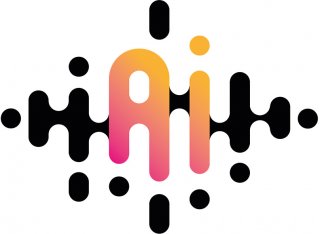
AI for sound | Signal Processing
This research, led by Professor Mark Plumbley and Dr Emily Corrigan-Kavanagh, will employ a series of participatory approaches with stakeholders and end-users, such as world cafes and soundwalks, to explore how people feel about sounds around them in a variety of contexts, how they would like to change them, and how AI for sound technology could facilitate this responsibly.
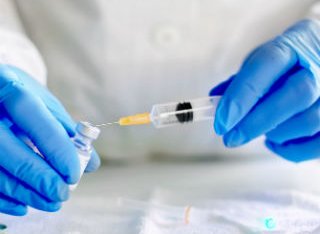
A new SARS-CoV-2 rapid point of care diagnostics platform | Video Communication
A team at the Centre for Vision, Speech and Signal Processing, led by Dr Anil Fernando, worked with consortium partners to develop a SARS-CoV-2 rapid point of care diagnostics platform, known as Virus Hunter 6 (VH6). The technology relies on a reverse-transcription loop-mediated isothermal amplification (RT-LAMP) and a hand-held smart diagnostic device to provide highly specific 96.8% and highly sensitive 98.6% results for up to six patients simultaneously in 20 minutes.
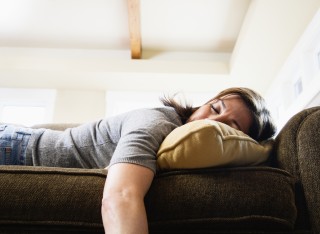
Sleepiness is a signal to go to bed: data and model simulations | Sleep and Physiology
Researchers, including Professors Derk-Jan Dijk and Anne Skeldon, are assessing the validity of a subjective measure of sleepiness as an indicator of sleep drive by quantifying associations between intra-individual variation in evening sleepiness and bedtime, sleep duration, and next morning and subsequent evening sleepiness, in young adults.
Digital health and data science research
Find out more
To join our Lifelong Health Network, share your research in this area or to find out more, please get in touch at lifelonghealth@surrey.ac.uk.
